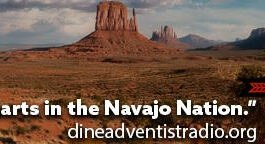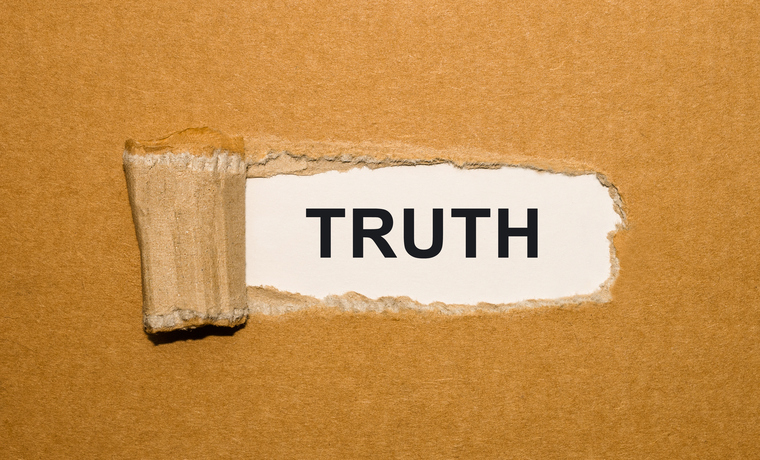In today’s world it can be very difficult to determine what is true and what is false—especially online. According to a recent Wall Street Journal article by Elizabeth Bernstein, the skill of picking through rubbish, nonsense and fake news is so important these days that scientists have begun researching it. They’re analyzing when and why people spread misinformation, who is susceptible to it, and how people can manage this sometimes overwhelming phenomenon.
Factual vs Accurate
A study reported by Pew Research in June, 2018 shows that the ability of Americans to classify statements as fact or opinion varies widely based on a number of factors including digital savviness, political awareness and level of trust in the news media (higher levels of each resulted in more accurate classification abilities).
Interestingly, study participants overwhelmingly equated the idea of news statements being “factual” with them also being “accurate.” This finding is in line with how the term “facts” is sometimes used in modern debate to mean statements that are true. Americans in this study were far less likely to see factual statements as inaccurate (statements that can be disproved based on objective evidence.) The study further showed that for both factual statements that people correctly classified, and opinion statements that they incorrectly classified as factual, participants were far more likely to have said each was accurate than inaccurate.
Americans didn’t do much better with classifying the opinion statements. Correct classifications were not necessarily associated with agreement, but resulted in a mix of agreement and disagreement. However, in this study, seeing factual statements as opinions largely coincided with disagreeing with them. (Curious about how you would rate? Try this similar online quiz ).
How not to get duped
When determining if something is both factual and accurate, people should think about why they are reading that particular article or surfing that website. We tend to seek out information sources that will confirm what we already perceive or believe. It always pays to analyze our own biases. To be objective, we need to look at other sources of information.
Cultivate an inquiring mind, whether online or offline. Remember that all photos, videos and words can be taken out of context and distorted to influence people’s perceptions. Keep in mind that you can’t be certain something is true just because it came from a credible source or got passed on to you by someone you trust.
Think critically about what kind of claim is being made. Empirical claims make a statement about the world, analytical claims make a statement about the meaning of words or symbols, and valuative claims make a statement about what is good or bad, right or wrong. Sometimes, we may tune out certain information—even if it is true—because we prefer to believe what we want to believe. When we want to believe something is true, that’s the time we must recognize that we’re susceptible to being tricked, and we need to dig even deeper. This kind of deep thinking is how we arrive at the truth, the whole truth, and nothing but the truth.
How not to perpetuate myths
Before you share anything, check out these tips on verifying information adapted from the Media Literacy Council.
- Who created or uploaded this information? Who published it? Where is it located or hosted? Can you trust the author? Does it come from a credible or authoritative source? Can you see a potential conflict of interest? Did the author write well? Professional news and information sources will offer only quality content.
- When was the information published? Is it outdated? Is it still relevant?
- What is the agenda? Does the author offer more than one perspective? Does it appeal to logic or emotions? Is the information verifiable through other sources? Watch out for sensationalism, stereotyping, rumors and propaganda.
Think like a fact checker
You’ve probably heard the old adage that “a lie can travel halfway around the world before the truth can get its boots on.” In today’s digital environment, that line is even more true than when Mark Twin is often credited with having first written it (only he didn’t—that’s a myth. However, other famous people said something similar.)
When you need to do a bit of research, this helpful article from National Public Radio lists 11 popular web sites for help in spotting lies of various types.
Hold fast that which is good
In 1 Thessalonians 5:19-21 the apostle Paul admonishes believers to “Quench not the Spirit. Despise not prophesyings. Prove all things; hold fast that which is good” (KJV). This pertinent advice for early Christians seems even more valuable in today’s complicated environment.









